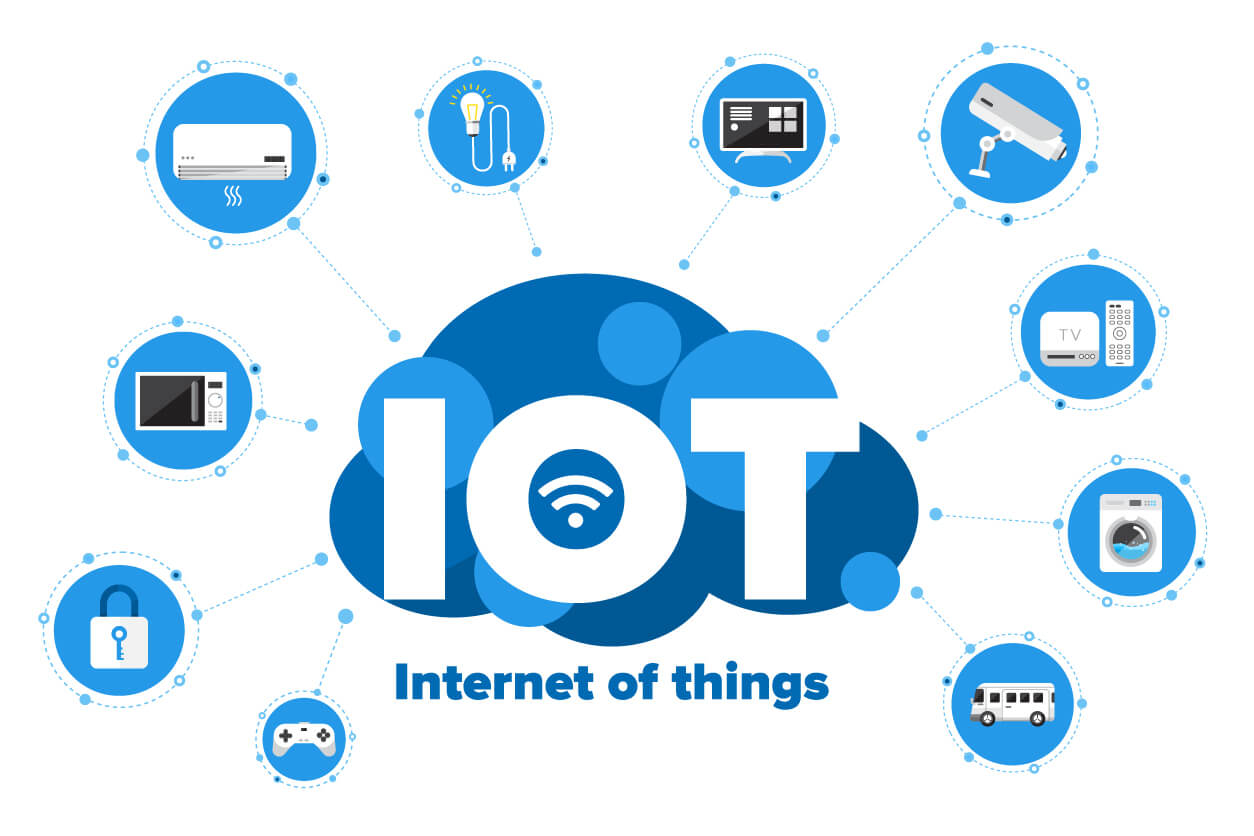AppliMarkets: Your Go-To Resource for App Insights
Explore the latest trends, reviews, and tips in mobile applications.
Are Your Devices Plotting Against You?
Discover the shocking truth about your devices! Are they secretly conspiring against you? Uncover the hidden dangers now!
Are Your Smart Devices Spying on You? Here's What You Need to Know
In our increasingly digitized world, the convenience of smart devices often comes with a hidden cost: privacy. Many users are unaware that their smartphones, smart speakers, and connected home appliances continuously collect data about their habits and preferences. This data can be used to tailor advertisements, improve user experiences, and—most alarmingly—possibly share your information with third parties. To understand if your devices are truly spying on you, start by reviewing the privacy settings on each device and the apps associated with them. Adjust permissions to limit data access, and consider disabling features like voice-activated assistants when not in use.
Moreover, common smart devices such as televisions, fitness trackers, and home security cameras can have varying levels of data security. It’s essential to stay informed about how these devices operate and how they manage your personal information. Regularly check for software updates, as manufacturers often release patches to address security vulnerabilities. To further protect yourself, employ strong, unique passwords for each device and enable two-factor authentication wherever possible. By being proactive, you can help minimize the risk of being unknowingly monitored by the very devices that are meant to serve you.

10 Signs Your Technology Might Be Turning Against You
In today's fast-paced digital age, technology is an integral part of our lives, but sometimes it can feel like it's turning against us. Here are 10 signs that your technology might not be serving you well:
- Frequent Crashes: If your devices are crashing often, it may indicate underlying issues that could lead to data loss.
- Battery Problems: Rapid battery drain can signal hardware problems or poorly optimized apps.
- Overheating: If your device frequently overheats, it might be working harder than necessary, which can decrease its lifespan.
- Slow Performance: A lagging phone or computer can impact your productivity significantly.
- Update Frustrations: If software updates continually disrupt your workflow, it may be time to reconsider your technology choices.
Moreover, the psychological impact of technology shouldn't be overlooked. You might find yourself:
- Feeling Distracted: If you feel constantly distracted by notifications, it may hinder your focus.
- Struggling with Sleep: Blue light exposure from screens can disrupt your sleep patterns.
- Being Less Active: Excessive screen time can lead to a sedentary lifestyle.
- Over-relying on Technology: A heavy dependency can affect your problem-solving skills.
- Loss of Privacy: If you notice increased targeted ads, your data may be at risk.
Recognizing these signs early can help you take back control before technology starts to work against you.
How to Protect Yourself from Sneaky Smart Device Intrusions
As our lives become increasingly intertwined with technology, the risk of sneaky smart device intrusions looms larger than ever. These devices, which enhance our convenience, can also jeopardize our privacy and security. To safeguard yourself, start by ensuring that your smart devices are equipped with the latest firmware updates. Manufacturers often release patches to fix vulnerabilities that could be exploited by malicious actors. Additionally, regularly changing the default passwords on your devices to strong, unique passwords is essential in thwarting unauthorized access.
Another effective way to protect against sneaky smart device intrusions is to implement a robust security network at home. Use a separate Wi-Fi network for your smart devices, if possible, limiting their access and isolating them from your primary network where sensitive information may reside. Furthermore, consider disabling features such as remote access or voice activation unless they are absolutely necessary. Being vigilant about your device permissions and monitoring any unusual activity can significantly reduce the risks associated with smart technology.